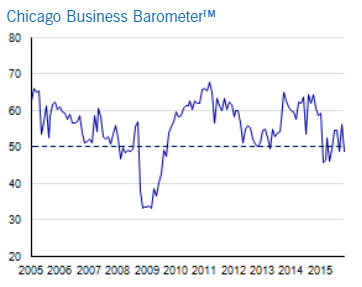Whenever one speaks out about the government, one can expect some blowback.
Blowback goes by other monikers, neutralize, marginalize, shame are three of the more gentle terms. Conspirator freak, cynic, un-American, radical, xenophobe, racist are some of the other less kind epithets. Stepping on toes or questioning makes people nervous though they do their best usually to deny it.
Anyone who's seen the just out Whitey Bulger movie, call it fictionalization or whatever you want, knows the FBI is hardly above reproach.There's also all those J.Edgar Hoover years. And more recently the IRS itself. Two powerful government agencies abusing their power and attempting to cover it up.
Certain forces get upset by the number of people another government agency, the CIA, allegedly kill. Then there's the folks at ABC and DEA. Are their hands completely clean?
You ever notice how many notorious suspects like the recent Paris case wind up dead in shoot outs? Is this just random or is there some pattern? Fifty some armed troops supposedly fire 5,000 rounds in the melee. Is that by design, an accident or just misplaced anger and outrage?
Is it a ploy to keep the masses in check, make them heave a sigh of relief or what? The meme is a common one: we responded quickly and decisively; no one is above the law; we can and will protect you. If that indeed was the so-called mastermind of the Paris tragedy,would he be of more value dead or alive? And who gave the order to storm the place?
What we know is what MSM has told us. And most likely it is only what MSM wanted to tell us and wanted us to know.
Another part of that question, does the government have its own list of patsies? Martha Stewart might be a Wall Street case in point. What was the grand-theft total she allegedly realized on that insider trading case? Who in government did she piss off? Was she late or non-compliant with a promised big campaign donation? Talk about blowback.
Governments, all governments, are about centralization and centralization is about far-away not local control. As we all know the more removed or gray you are the more danger you're in of becoming just another shootout victim or government patsy. Pictures prove very little. Any kind of story can be spun to fit a picture. And happens quite often.
Isn't that the charge used against our enemies? They spin tales while our MSM remains pristine.
Don't misunderstand. We're not making any accusations or charges here, just floating some fare for possible thought and discussion. And the real question is: do you trust your government? Or for that matter any government?
In God we trust was removed from coinage a while ago. So who does that leave?


